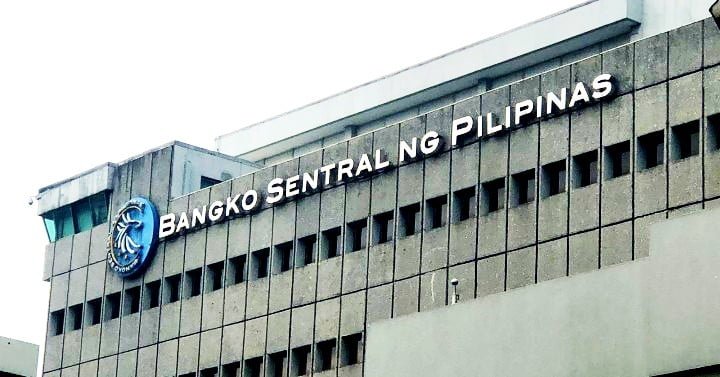
The Bangko Sentral ng Pilipinas reported Oct. 15 that cash remittances in August this year reached 2.609 billion US dollars, an increase of 5.1 percent compared to last year’s figures.
The same report cited that in the first eight months this year, cash remittances reached 20.38 billion or a 5.7 percent year-on-year increase.
It means that remittances from Overseas Filipino Workers help keep the whole country afloat at this time of the pandemic. And with the Christmas holidays drawing near, the remittances from abroad are expected to go higher.
That the Philippines has become a country dependent on the remittances from OFWs has been obvious for years.
Filipino families, who have relatives abroad, either receive regular allowances or cash gifts for holidays and special occasions. A hundred US dollar, after all, is equivalent to P5,000, which can buy a sack of rice with enough left to pay some bills.
When families start spending whatever amount they received from abroad, automatically, the government gets a portion of it in the form of taxes. The value-added tax in every receipt is the government’s share from the hard-earned cash that was generously and dutifully sent home by an OFW.
Economists point out that consumer spending in the country accounts for around 70 percent of the economy. Meaning, with more remittances from OFWs, the chances of Filipinos surviving the economic effects of the pandemic is higher.
With the reopening of economies in OFW-host countries, the government expects remittances to remain in the green next year.
A happy thought for those who directly benefit from it, yes, the families of the OFWs, and yes, those who get their salaries, bonuses, and perks from the taxes. – NND




